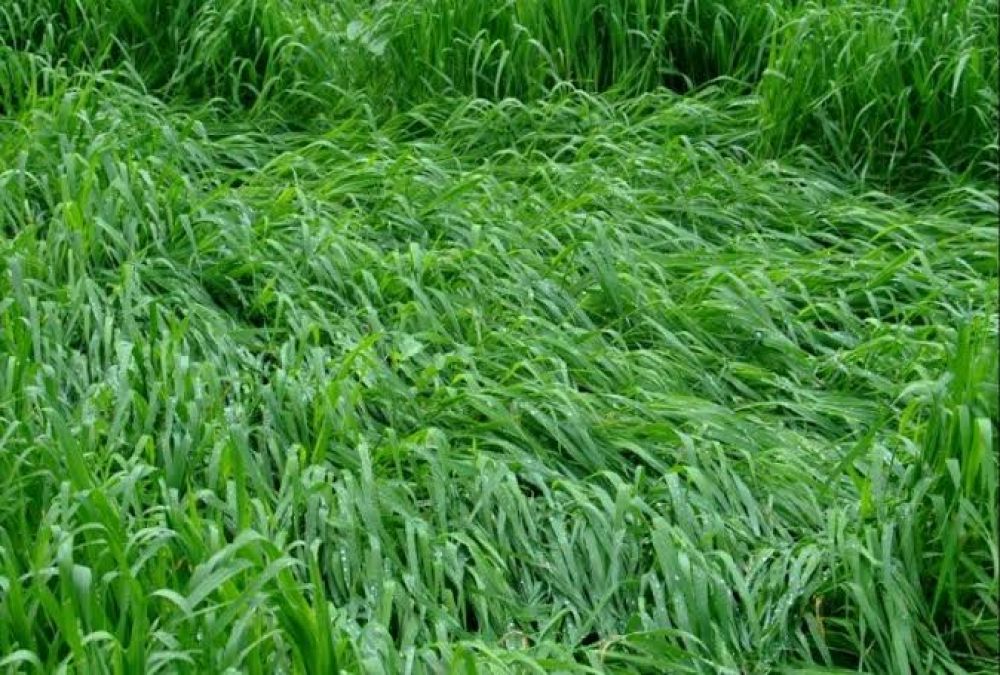
Jammu: After the basmati in the plains, the crisis on the wheat crop has started looming. In contrast, the rain will prove beneficial for wheat production in Kandi areas. In the plains, Jammu, Kathua and Samba, the wheat crop was delayed due to bad weather. The process of rain has continued since the sowing. Due to this, the fields are full of water. On Tuesday, due to the rain again, the fields are completely wet with water. Due to this, now the yield of wheat will be greatly affected. According to Agriculture University, the yield of the crop is declining by five to ten percent. Plants will not be able to come out of the ground due to excess moisture. It should not rain for the next 15 days.
PM Modi says "It will take ten days for Indian Army to beat Pakistan", Imran Khan replied
It has been learned that it can be expected to produce only when there is no rain. On the other hand, rain in Kandi areas will prove to be a boon for the wheat crop. Wheat sowing has been done in Kandi areas on time. Wheat plants have emerged in the fields. There is a need for rain at this time. Due to rain, there will be good moisture for yield. Rains in the hilly areas will increase the yield by ten to 15 percent.
Imran's minister breaks silence on terrorism, says "Pakistan makes big terror attacks in India"
Due to the first storm and rain in the plains, the basmati crop was lying in the fields. The fields were cleaned in the middle of December. Wheat is sown in the first week of January. According to agricultural experts, drainage of water from fields is very important. Farmers have also been advised to drain water from the fields through advisory. Excess rain can affect fields.
Tension in the Gulf: US increases military fleet, troops number reaches to two and a half thousand